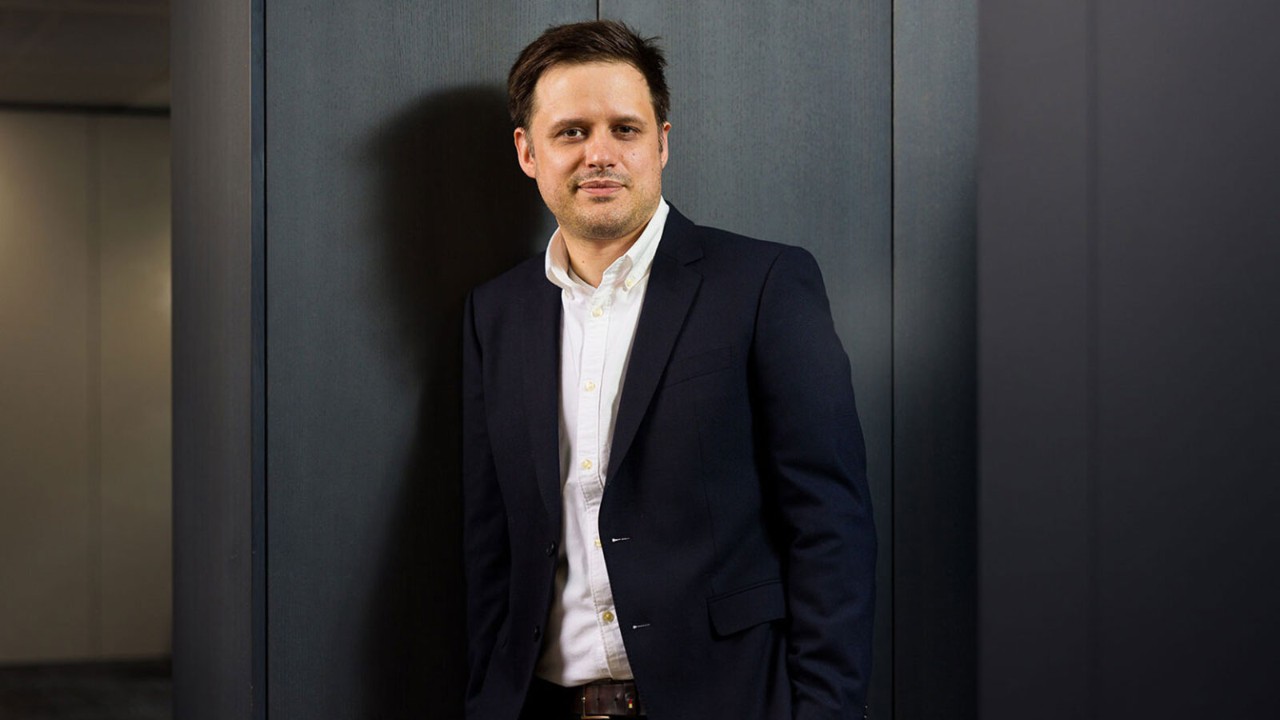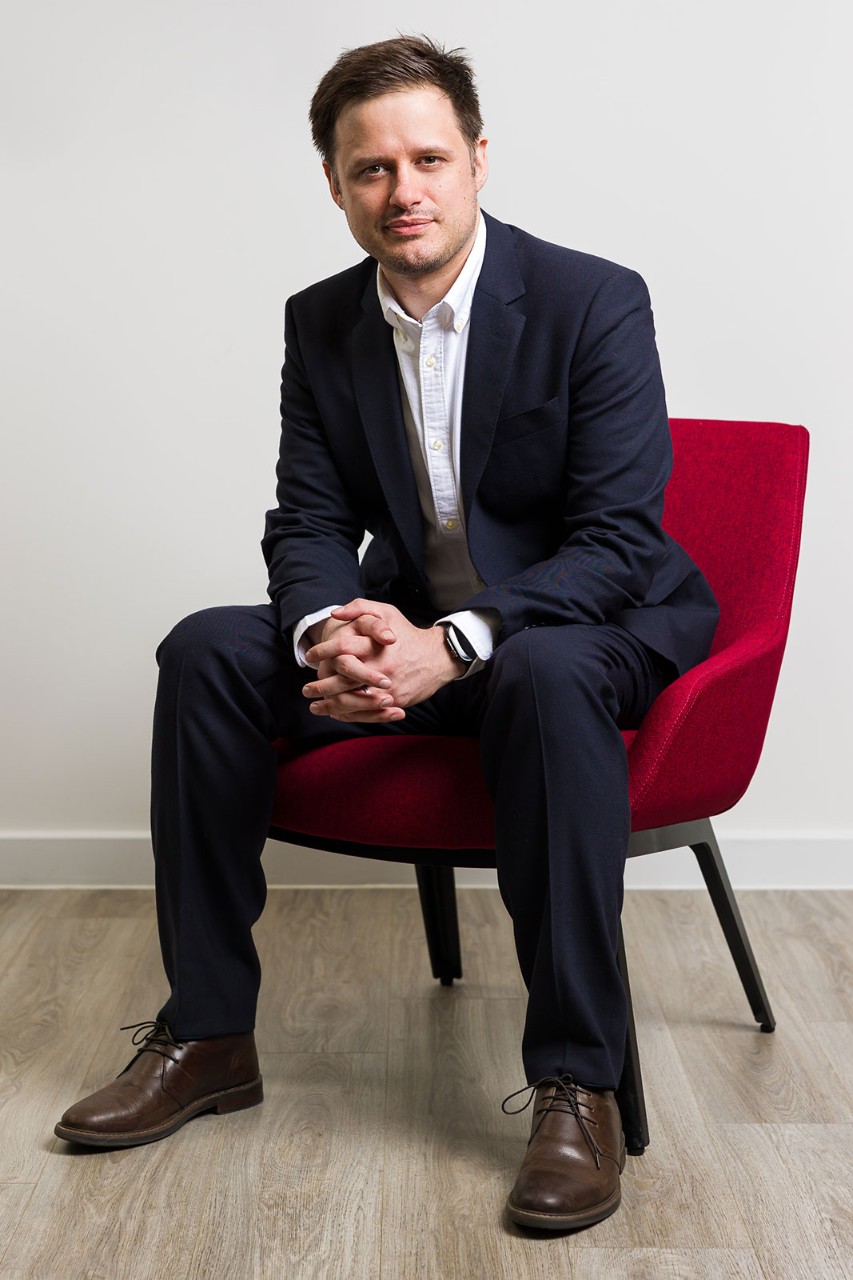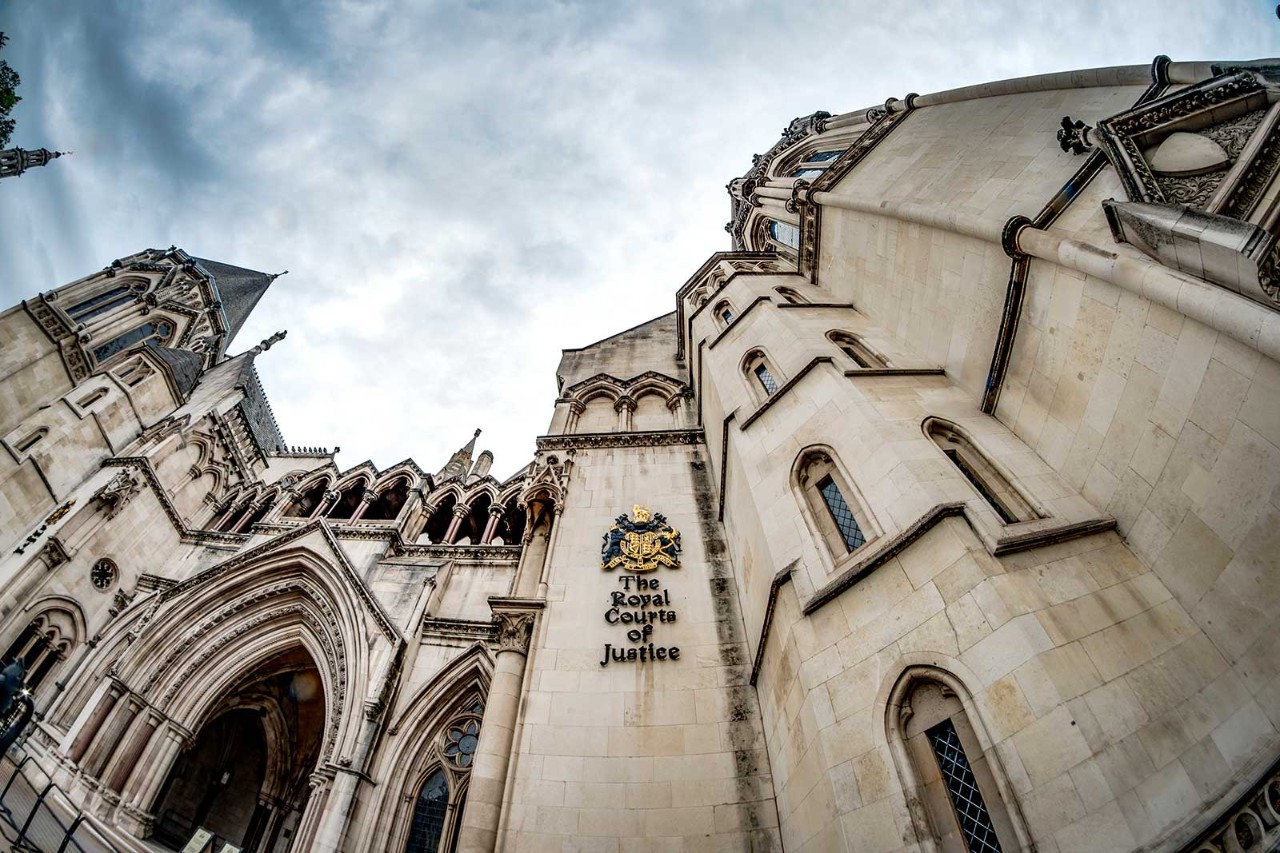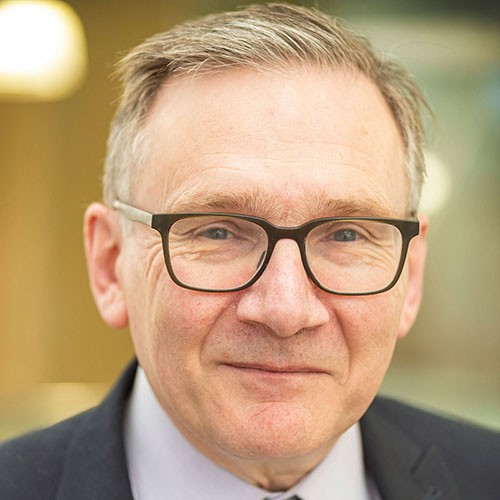
Alec Manning FCCA, head of data science at Three UK (recently merged with Vodafone), describes ‘understanding the landscape of data’ as his ‘passion project’. What sets Manning apart, though, is that he began exploring the impact of data on business more than a decade ago, when widespread data analysis in the finance function was little more than a concept.
Working in Three UK’s finance function, Manning took it upon himself to try to automate parts of his job. ‘I knew automation could create serious efficiencies, but I quickly realised that doing it properly meant going beyond Excel macros and ad hoc scripts,’ he says. ‘I persuaded the IT team to let me install VS Code and began teaching myself to code by solving real problems in my role. From there, I started building small applications while working within a DevOps cycle.’
What began as curiosity quickly evolved into deeper collaboration with IT. ‘It became clear that if you want to deliver real impact, you can’t just dabble – you need to work with IT to build scalable, production-grade solutions that are secure, maintainable and built to last.’
‘The impact of data on finance was so great that it caught the attention of the CIO’
His interest deepened when he took on finance responsibility for Three UK’s digital business and began working closely with data scientists
‘It was fascinating, what they were doing, and further reinforced for me the importance of data.’ Thoroughly hooked, he decided to pursue a master’s in data science. ‘It was hard work but exhilarating,’ he says.
Data shift
Manning soon persuaded the director of FP&A that a data science role in finance was essential. ‘He was very supportive. We worked on the business case together and didn’t look back after that,’ he says. ‘It got to the point where the impact on finance was so great that it caught the attention of the CIO, who asked me to do the same thing for the rest of the organisation.’
The more involved Manning became in the data science world, the more he noticed that data scientists often struggled to communicate what they were doing, and the value of it, to senior stakeholders.
‘Data science can sometimes get a reputation for building models that don’t translate into tangible outcomes,’ he says. ‘I realised that could be my USP – as an accountant, I knew how to build a business case, focus on the real drivers of value before modelling began, and measure impact properly after delivery.
Bridging the gap
The hardest parts of data analysis, Manning says, is gathering reliable data and getting people to use the model output properly at the other end of the process. ‘Accountants can help with both of those,’ he says. ‘It takes a really knowledgeable human to understand how to get the best out of these models.’
‘The question should always come back to: what is the problem that you’re trying to solve?’
Accountants, he believes, are ideally placed to bridge the gap between advanced analytics and strategic decision-making. ‘With data science you can get analysis paralysis,’ he says. ‘If you have someone who isn’t trained in finance and accountancy, they can just keep going with the insight without realising that it’s not hitting the business objectives, and so is essentially a waste of time.
The CV
2016
Various roles at Three UK including lead data scientist – finance, principal data scientist and currently head of data science and AI
2014
FP&A manager, Worley
2013
Commercial accountant, DAF Trucks
2007
Financial accountant, Worley Parsons
‘I knew I could build on everything I’d learned through ACCA and figure out how we prioritise what we automate based on things like what data is available, what the requirements of the business are, and how this links to business objectives.
‘The question should always come back to: what is the problem that you’re trying to solve? Accountants can help with that, because they understand the business and they can translate a P&L and balance sheet. They know what a business is struggling with. They can see the problem, and that allows them to see the business value that will be unlocked.’
Manning and team are currently working on building an agentic AI framework on top of a mature estate of machine-learning models and GenAI applications already delivering value across the business – from fraud anomaly detection to automation and insight generation. ‘It’s been a steep but rewarding journey, where my accountancy training has been invaluable in ensuring business impact and managing risk.’
Stand-out skills
Manning says he has ‘leaned heavily’ on his ACCA training. ‘When GenAI first came out, suddenly everyone was interested, but there was a lot of confusion and governance frameworks are struggling to keep up. But in the meantime, we can fall back on our accountancy training – on professional scepticism, on the need for an audit trail, accountability and transparency. And that makes you stand out.’
‘I see accountants acting as a bridge between data scientists and the business’

The opportunities for professional accountants, he says, are enormous. ‘I see accountants acting as a bridge between data scientists and the business. I see them being able to partner with IT departments and help explain the complexity of the landscape to the CFO and CEO. Accountants can help the business supercharge a data science function by building business cases and understanding the nuances of the technology.’
Means to an end
Manning says he is frequently asked by accountants with an interest in data science whether they need to learn to code.
‘I would encourage members to always explore automation, data science and AI and how it relates to their job, but I don’t think accountants need to become a maestro in coding. You certainly need to understand the core concepts, though, like the different languages. It’s not about learning to code; it’s about learning to solve problems. Coding is a means to that end.’
The power of data science and the deep business understanding and governance guardrails that professional accountants bring to the table, he believes, are unbeatable.
‘In the City, financial analysts are seen as the gold standard for capability and influence. With data science in their toolkit, accountants can start to match – and even exceed – that impact across all types of organisation.’
Manning may be relatively unusual today in being an accountant and data scientist in one package, but it has been his passion for data and AI that has led him there. ‘How often do you get to do something you are super passionate about? I enjoy working in accountancy, but blending the two professions together has been a dream career moment.’
More information
Watch on demand Alec Manning and other panellists in ACCA’s webinar, ‘Accounting expertise meets machine intelligence’



